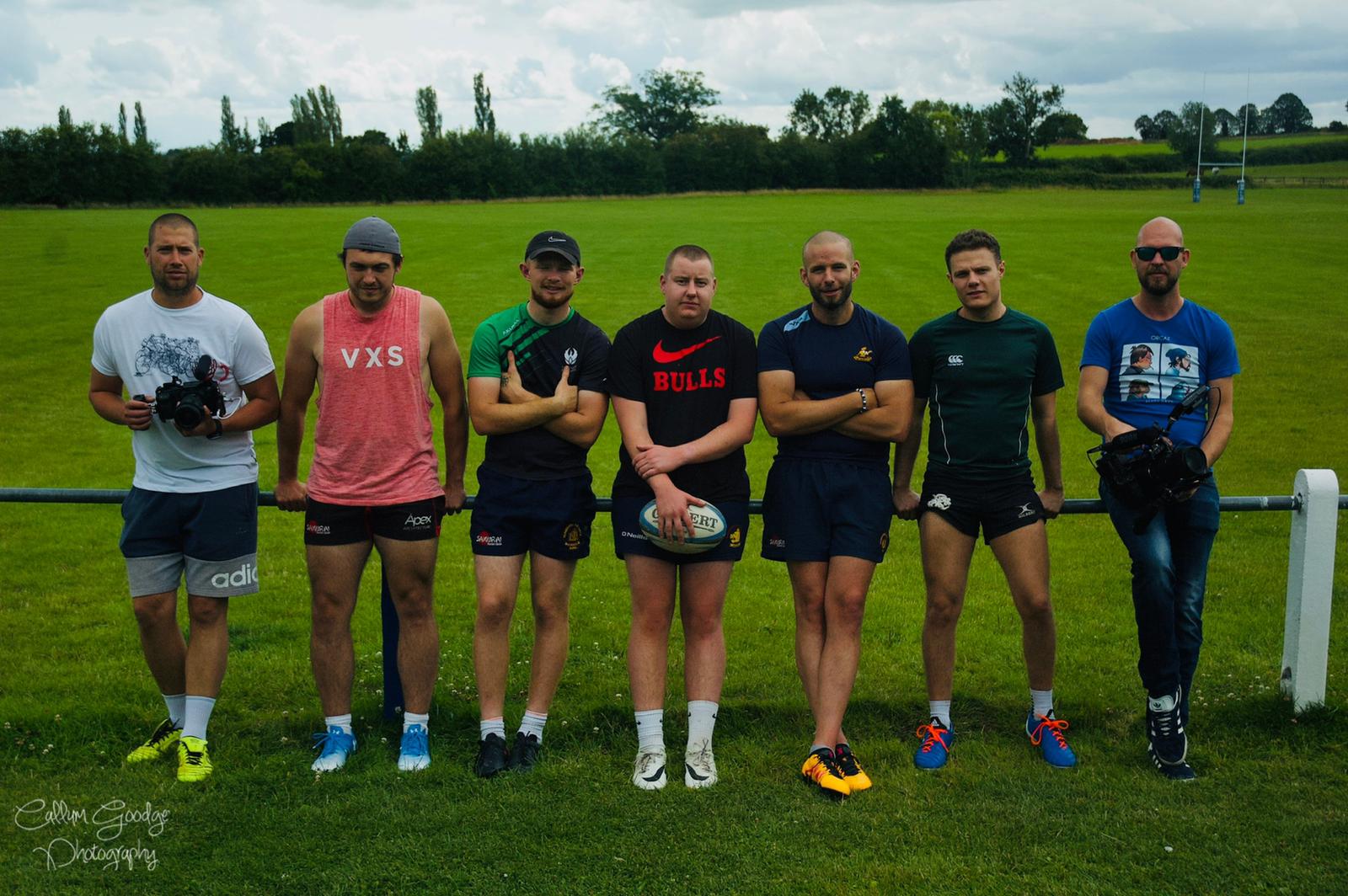Homepage
Welldoing Articles
Blindside: Rugby Players Open Up About Mental Health and Suicidal Thoughts
Blindside: Rugby Players Open Up About Mental Health and Suicidal Thoughts
Nov 6, 2020


Welldoing Welldoing
Jan 22, 2025 27
- Rugby club Dodger 7s has released a seven-part documentary series in which rugby players open up about their mental health struggles
- Blindside follows seven rugby players as they share open and honest accounts about their battles with depression, anxiety, substance abuse and suicide attempts
- If you are living with depression and suicidal thoughts, you don't need to struggle alone. The Samaritans are available on 116 123, and our therapists and counsellors are here to help you too - find yours here
Jack Middlemore shares his story in the first episode of the new Blindside series, which has been released to encourage people to talk about their mental health. In the video, Jack recalls the chain of events - including feeling responsible for his parent's divorce and a lack of direction in life - that accumulated to his suicide attempt in 2017. He then opens up about the difficult road to recovery - including alcohol and substance abuse - before close friend, and head of women's rugby at Dodger 7s, James Mackintosh persuaded Jack to play rugby for the first time.
Jack then describes how taking up a sport gave him hope during a dark time and describes playing his first game as 'feeling alive again'. He also emphasises the importance of talking about mental health and reflects that he bottled things up in the past, using drink and drugs to mask his pain.
Watch Jack's story here:
Rob Shotton from LooseHeadz, a rugby apparel brand that uses all profits to fund mental health initiatives and is supporting the Blindside documentary series, says:
"One of the main reasons we started LooseHeadz was to encourage people to open up about their mental health and be able to have those difficult conversations with friends and family members. Outdated stereotypes that refer to mental illness as a 'weakness', mean that unfortunately, many people still feel uncomfortable talking about mental health. It often takes a trigger, such as a suicide attempt, before someone seeks help. By encouraging people to talk about mental health, they are more likely to seek help before the situation escalates to that level."

Welldoing Welldoing
Read further
